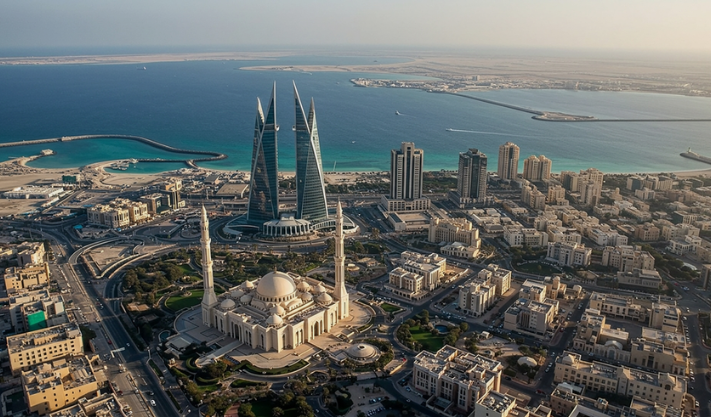Egypt’s Non-Oil Private Businesses Shrink in April Because of Low Demand, S&P Survey Says
Egypt’s non-oil private sector shrank again in April because of low demand. This led to less production and also affected jobs and prices, according to the S&P Global Egypt PMI survey.
Non-oil private sector
In April, the seasonally adjusted S&P Global Egypt Purchasing Managers’ Index (PMI) dropped to 48.5, down from 49.2 the month before, showing the lowest level in the past four months. A PMI score of 50 means neither growth nor decline.
The survey showed the decline was caused by weaker demand in non-oil businesses. Respondents said that lower customer spending led to fewer new orders and a reduction in production.
David Owen, senior economist at S&P Global Market Intelligence, explained that stable input costs in recent months helped businesses keep their prices steady in April. This suggests that inflation pressures are easing.
Owen noted that although input costs went up in April, this was mainly due to a 15% rise in fuel prices, not other inflationary pressures.
The report also mentioned that weak demand in both local and international markets affected sales. Owen added that some companies felt that weaker international markets were hurting business confidence and spending, with concerns about global economic uncertainty and changing trade policies affecting demand.
Despite the decline, non-oil companies were more confident about future activity in April, with optimism reaching a three-month high. The report said that businesses with a positive outlook hoped conditions at home and abroad would improve.
The report also found that supply chains were stable, with delivery times unchanged and inventories slightly increasing.
Economic growth
In April, Finance Minister Ahmed Kouchouk said Egypt’s economy is expected to grow by 4.5% in the next fiscal year, up from 4% in 2024–25. He presented the new budget to Parliament, which focuses on growth, stability, and strengthening ties with the business community. The Finance Ministry predicts strong economic performance, a modest increase in the primary surplus, and a slight reduction in the overall budget deficit.
Egypt’s gross domestic product (GDP) is expected to reach $399 billion (EGP 20.4 trillion), up from $336.4 billion (EGP 17.2 trillion) in the current fiscal year, which runs from July to June.
Earlier in April, S&P Global revised Egypt’s outlook to stable and confirmed its ‘B-/B’ long- and short-term foreign and local currency sovereign credit ratings.
Published: 7th May 2025
For more article like this please follow our social media Facebook, Linkedin & Instagram
Also Read:
ADES Holding’s Q1 net profit drops 2%, totaling $52.4M
Saudi Arabia’s Q1 budget deficit rises to $15.7B due to oil dip
AD Ports Group signs 50-year deal to develop Egypt’s KEZAD East





